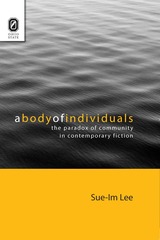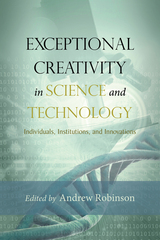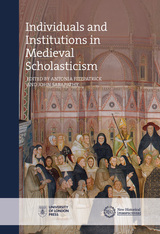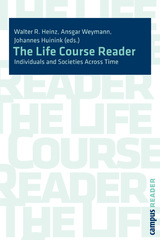



The course of human lives in Western society is inescapably shaped by political, cultural, and economic factors. Changes in these spheres inevitably lead to changes in our conceptions of everything from childhood and adulthood to family structures and living arrangements. The nineteen articles collected in The Life Course Reader offer a range of both theoretical and empirical studies of changing conceptions of the life course. Drawing on data from North America and Europe, the Reader will be indispensable for anyone studying human development and the twenty-first century family.

What is a family? Grandparents, mom, dad, and kids around a Thanksgiving turkey? An egg mother, a womb mother, a sperm donor, and their mutual child? Two gay men caring for their adopted son? In this provocative essay, a leading American legal historian argues that laws about family are increasingly laws about individuals and their right to make their own, sometimes contentious, choices.
Drawing on many revealing and sometimes colorful court cases of the past two centuries, Private Lives offers a lively short history of the complexities of family law and family life--including the tensions between the laws on the books and contemporary arrangements for marriage, divorce, adoption, and child rearing. Informal common-law marriage was once widely accepted as a means to regularize property arrangements, but it declined as the state asserted its authority to dictate who could marry and reproduce. In the twentieth century, state attempts to control private life were swept away, most famously in the creation of "no-fault" divorce, a system in which laws that made divorce nearly unattainable were circumvented.
Private life, the author argues, as a legitimate sphere, was once basically confined to life in nuclear families; but the modern law of "privacy" extends the accepted zone of intimate relations. The omnipresence of the media and our fascination with celebrity test the boundaries of public and private life. Meanwhile, laws about cohabitation and civil unions, among others, suggest that family and commitment, in their many forms, remain powerful ideals.
READERS
Browse our collection.
PUBLISHERS
See BiblioVault's publisher services.
STUDENT SERVICES
Files for college accessibility offices.
UChicago Accessibility Resources
home | accessibility | search | about | contact us
BiblioVault ® 2001 - 2024
The University of Chicago Press









